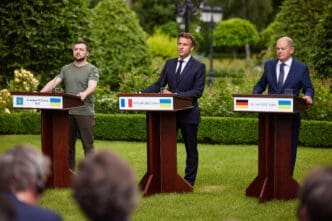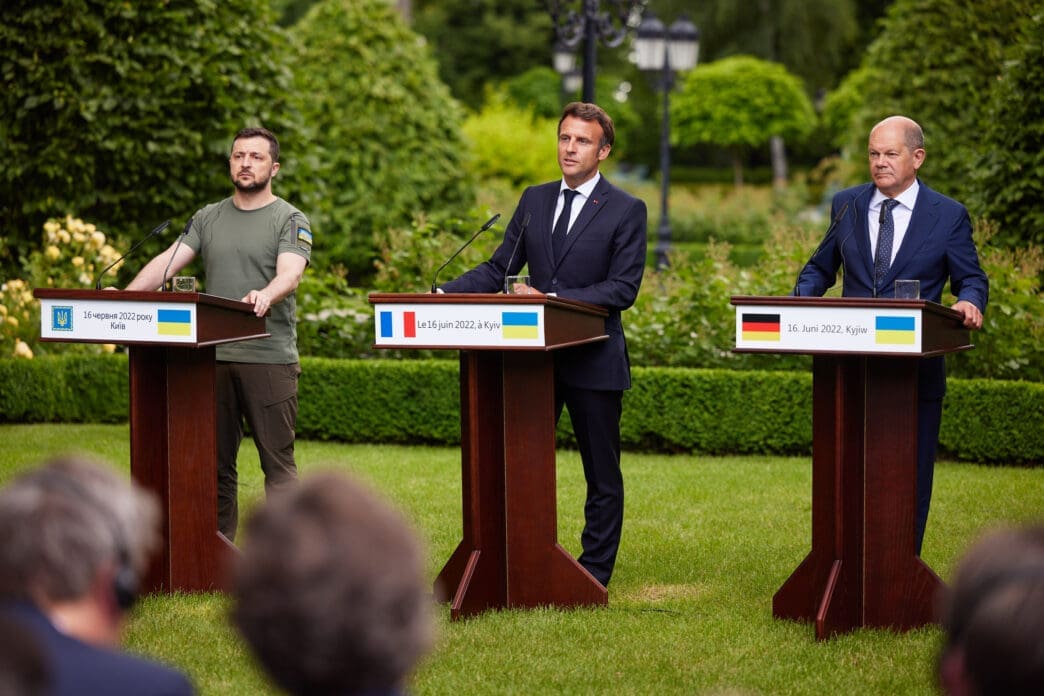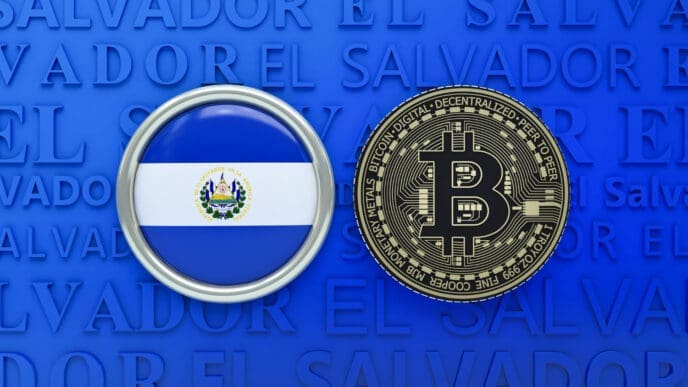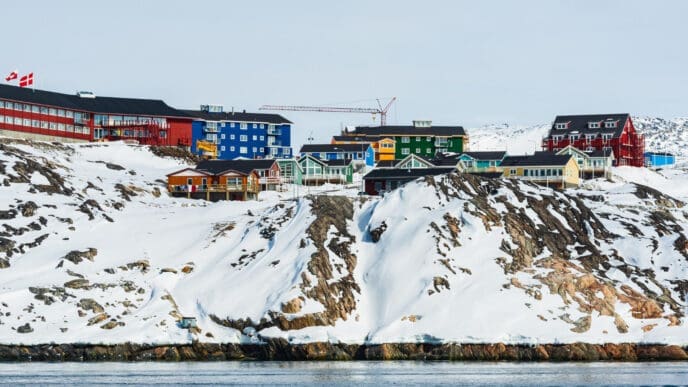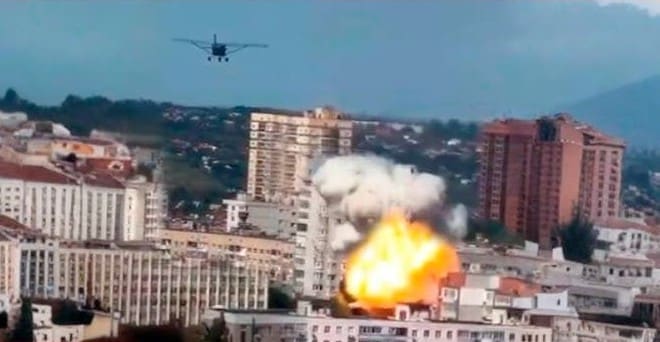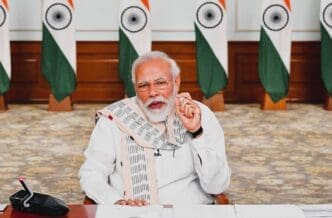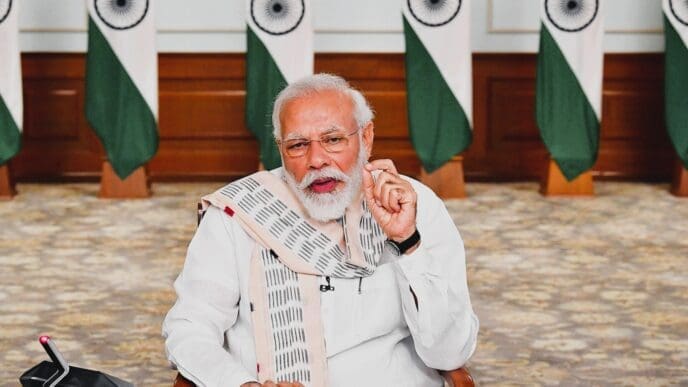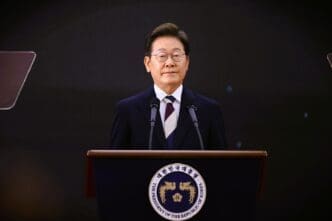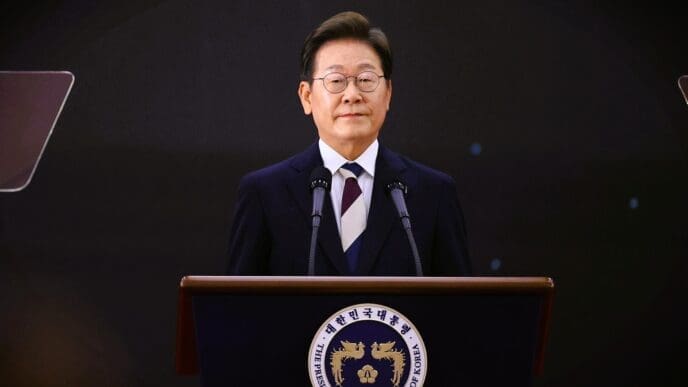French President Emmanuel Macron recently hosted Serbian President Aleksandar Vučić for a private working lunch in Paris. The meeting occurred amidst increasing political pressure on Vučić at home, as Serbia faces significant domestic challenges.
Initially, the Élysée Palace did not release details about the discussion topics. However, Macron later shared insights on social media, emphasizing France’s commitment to Serbia’s democratic and European future. He expressed confidence in Serbia’s ability to engage in dialogue and encouraged the upcoming government to implement necessary reforms while capitalizing on recent economic advancements.
The meeting coincided with large-scale anti-government protests in Serbia, where demonstrators have accused Vučić’s administration of corruption and violence. In a related development, approximately 100 Serbian students are cycling to the European Parliament in Strasbourg to inform EU authorities about the situation in their country. These protests were sparked by a tragic train station canopy collapse that resulted in 16 fatalities, highlighting broader dissatisfaction with Vučić’s populist leadership.
Despite the political unrest, France maintains substantial economic interests in Serbia. Last year, Serbia purchased 12 French Rafale fighter jets for €3 billion, with Vučić confirming the payment of a significant installment. Macron’s social media announcement also confirmed France’s involvement in the 2027 Expo in Belgrade, demonstrating support for Vučić. Additionally, French companies are engaged in infrastructure and energy projects in Serbia, including Vinci’s operation of Belgrade’s airport and Michelin’s tire manufacturing. Discussions about France’s potential assistance in building nuclear power plants are also underway.
A significant topic during the meeting was the impact of tariffs imposed by Donald Trump. Serbia faces 34% tariffs, higher than the 20% imposed on the EU, creating challenges for French stakeholders in the region.
Macron and Vučić also discussed regional stability, particularly focusing on Bosnia and Herzegovina. Macron reaffirmed France’s support for the country’s unity and condemned actions threatening its constitutional order. Tensions have increased following the conviction of Bosnian Serb leader Milorad Dodik, Vučić’s close political ally, who was sentenced for defying international oversight.
Moreover, Macron reiterated the importance of normalizing relations between Serbia and Kosovo as a critical condition for their EU aspirations. Despite numerous attempts, Belgrade has not recognized Pristina’s sovereignty since its 2008 declaration of independence, with Brussels-led dialogue efforts proving unsuccessful in recent years.
Impact on Daily Life
- The political unrest in Serbia may impact the daily lives of citizens, as protests could affect public services and safety.
- Economic ties between France and Serbia could lead to increased investment and job opportunities, particularly in infrastructure and energy sectors.
- The tariffs imposed by Donald Trump may lead to higher prices for goods in Serbia, affecting consumers and businesses.
- Regional stability discussions may influence diplomatic relations and security policies in the Balkans, impacting citizens’ sense of safety and stability.
- Efforts to normalize Serbia-Kosovo relations could lead to improved diplomatic and economic conditions in the region, benefiting local communities.
